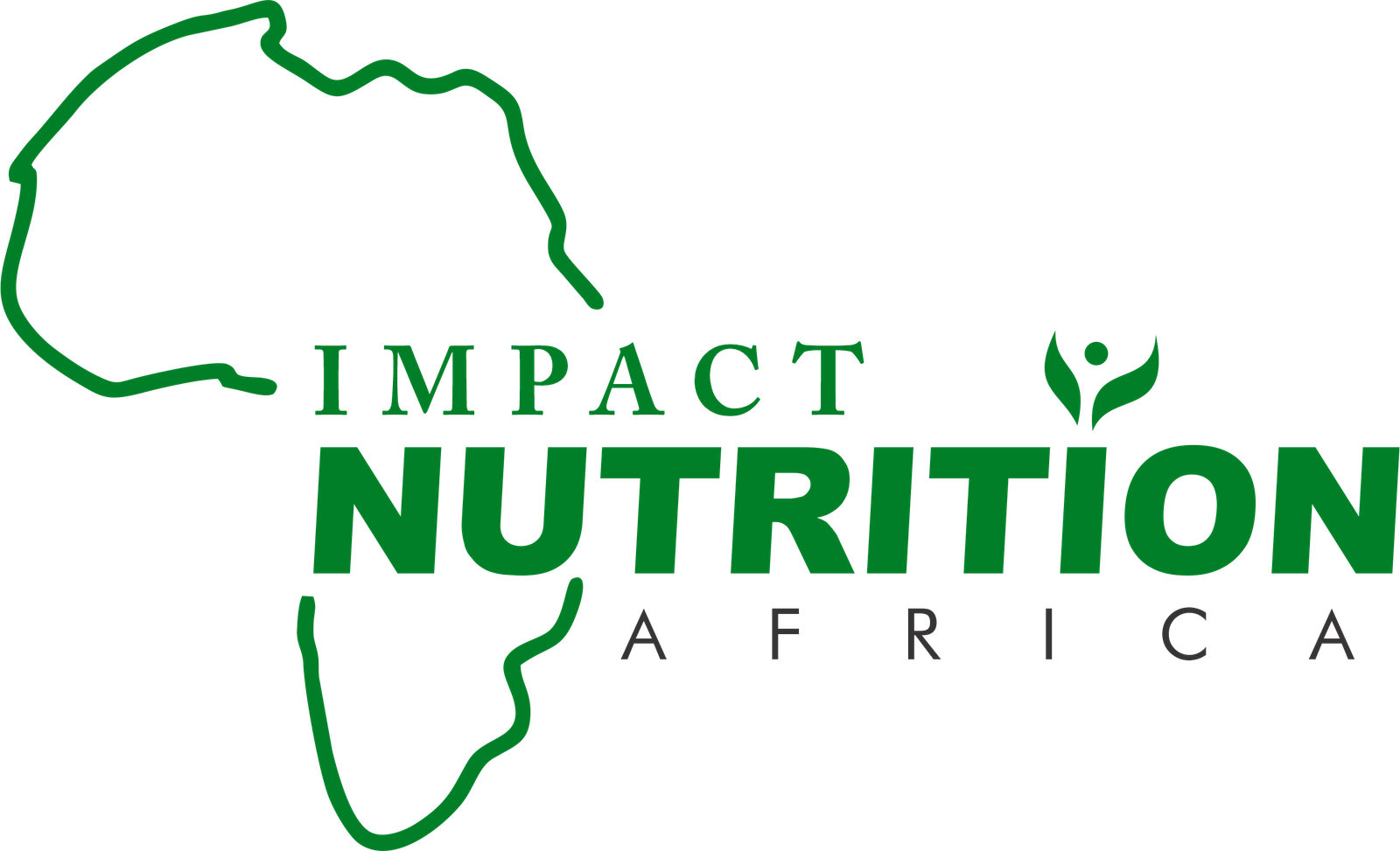WORLD BREASTFEEDING WEEK 2022 – Step up for Breastfeeding: Educate and Support
World Breastfeeding Week (WBW) is an annual event that is organized and coordinated by the World Alliance for Breastfeeding Action (WABA) to protect, promote, and support Breastfeeding across different levels of the society. The global campaign is endorsed by international organizations such as the World Health Organization (WHO) and the UNICEF, and it takes place from August 1st to August 7th.
World Breastfeeding Week started in 1992, and ever since, several themes which include healthcare systems, women and work, community support, ecology, economy, science, education and human rights have been adopted for its celebration. The theme for World Breastfeeding Week 2022 is “Step Up For Breastfeeding: Educate and Support.”
What is Breastfeeding?
Breastfeeding, also called nursing, is the process of feeding a mother’s breast milk to her infant directly from the breast.
The WHO and the UNICEF recommends that breastfeeding is initiated within the first hour of birth, and provided exclusively for six months, and continued up to two years or beyond. This practice helps in improving and promoting the child’s survival, and protects it against life-threatening and chronic illnesses.
The Human Breast milk
The first breast milk produced by the mother after the baby’s delivery is called Colostrum, also referred to as “liquid gold.” It is comparatively thick, and sticky with yellow or orangey colour, and serves as natural vaccination to the child due to the high levels of antibodies and white blood cells present in them.
The Breast milk is primarily composed of water, carbohydrates, lipids, proteins, vitamins and minerals. These nutrients play a key role in contributing to the child’s growth and development. The breast milk is also composed of hundreds of distinct bioactive components such as Immunoglobulins(antibodies), enzymes and hormones.
Immunoglobulins (antibodies)
Immunoglobulins are antibodies that fight off diseases and illnesses. The primary antibody in breast milk is Secretory Immunoglobulin A (IgA) which coats and seals the baby’s lungs and intestine to prevent germs from entering the body and bloodstream. The antibodies also protect the infant against common cold, ear infections, vomiting, diarrhea, and other chronic infections.
Enzymes
The Breast milk contains more than 40 enzymes. These enzymes aid the baby’s digestion and immune system, as well as absorbing iron.
Hormones
The Hormones involved in breast milk production include prolactin, thyroid hormones, and growth factors. They influence growth and development, and regulate the baby’s appetite, sleep patterns, and blood pressure.
The breast milk is the best source of infant’s nutrition. The protein in breast milk is easier to digest than the protein in infant formula or cow’s milk. Also, the calcium and iron in breast milk are more easily absorbed. However, infant formula is safe and acceptable, but it doesn’t fully replicate the immune benefits of breast milk.
Benefits of Breastfeeding
- Breastfeeding is not only beneficial to babies, mothers also benefit. Breastfeeding has shown to protect against postpartum haemorrhage, postpartum depression, high blood pressure, ovarian and breast cancer, heart disease and type 2 diabetes in mothers.
- Breastfed children perform better on intelligence tests, and are less prone to develop later health issues such as type 1 diabetes, obesity, asthma, and Sudden Infant Death Syndrome (SIDS).
- Breastfeeding is among the most effective ways to protect maternal and child health and promote health growth and optimal development in early childhood.
- Breastfeeding promotes strong bond between mothers and their babies.
- Breastfed babies receive antibodies from the mother through the breast milk. These antibodies aid in the immune system development of infants and help fight off diseases and illnesses.
Support Breastfeeding
Empowering, encouraging and enabling mothers and women to breastfeed should be at the heart of countries to keep every child alive and to build healthy, smart and productive societies. Breast milk is a mother’s gift to every child, therefore policies should be implemented to guarantee and support parental leave and the right to breastfeed in the workplace. Also, within health facilities, women should be guided and supported to breastfeed immediately after birth, and beyond. The support of men, husbands, partners, and family members play a key role in promoting Breastfeeding, too. In communities, mothers should also be encouraged and empowered to breastfeed their child in public spaces. All these supports have the potential to increase exclusive breastfeeding rates, and improve maternal and child health.
References
World Alliance for Breastfeeding Action(WABA). World Breastfeeding Week(WBW). https://waba.org.my/wbw/
World Health Organization (WHO). Breastfeeding. https://www.who.int/health-topics/breastfeeding#
Very well family(2020). The composition of breast milk. https://www.verywellfamily.com/whats-in-breast-milk-4047820#toc-breast-milk-vs-infant-formula
Medela. Breast milk composition: What’s in your breast milk. https://www.medela.com/breastfeeding/mums-journey/breast-milk-composition
